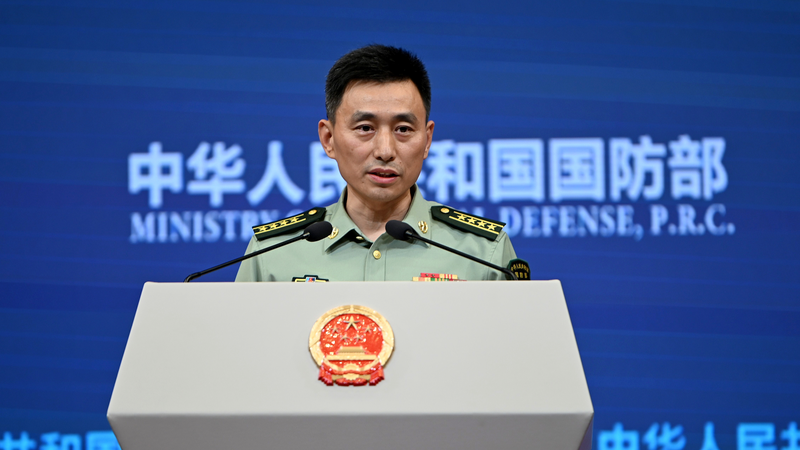In a firm response on Friday, China’s Ministry of National Defense spokesperson Zhang Xiaogang cautioned the U.S. against moving ahead with roughly $1 billion in military aid earmarked for the Taiwan region under the latest National Defense Authorization Act (NDAA). Zhang said such steps could “cost the United States a heavy price,” marking yet another flashpoint in Sino-U.S. relations.
Rising Tensions Over New Defense Provisions
The NDAA, passed by the U.S. Congress earlier this week, includes provisions to boost what the U.S. calls “military cooperation” with the Taiwan region. While supporters in Washington argue that the funding will help maintain stability in the Taiwan Strait, Beijing sees it as a direct challenge to China’s sovereignty and security.
Data-Driven Impact
According to recent estimates, the United States has provided over $10 billion in security-related assistance to the Taiwan region since 2010. The new $1 billion tranche represents nearly a 10% increase in annual funding, fueling concerns across Asia-Pacific markets and diplomatic circles about escalating tensions.
Global Implications
Beyond cross-strait dynamics, analysts warn that sustained military engagement could ripple through global supply chains—especially in the chip sector, where the Taiwan region plays a critical role. Investors and tech companies are watching closely as volatility in the region may alter production timelines and digital infrastructure projects.
A Call for Adherence to the One-China Principle
Zhang urged the U.S. to fully abide by the one-China principle and the three China-U.S. joint communiques, emphasizing America’s own pledge not to support “Taiwan independence.” He warned against sending “erroneous signals” to separatist elements and any form of military contact with Taiwan authorities.
What’s Next?
As both capitals trade public warnings, the international community is watching whether diplomatic backchannels can defuse tensions. For global citizens—from business leaders and tech innovators to travelers and thought leaders—the stakes are high: the outcome could shape policies on trade, security, and regional cooperation for years to come.
Reference(s):
Chinese defense ministry warns U.S. against arming Taiwan region
cgtn.com




